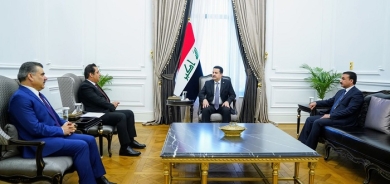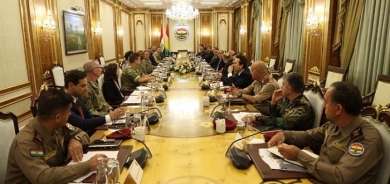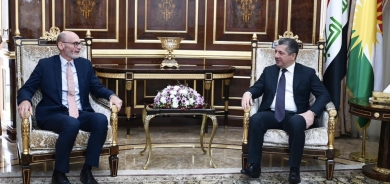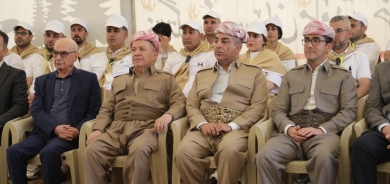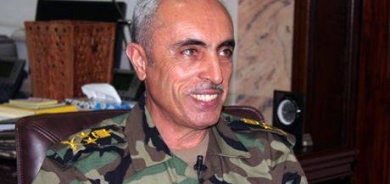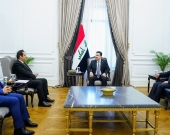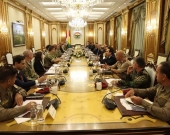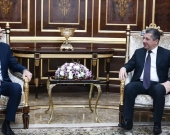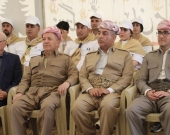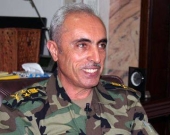US soldier goes on trial over security leaks
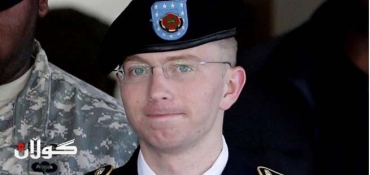
Private Bradley Manning, 25, had "good intentions" David Coombs said as the soldier faced his first day on trial in which prosecutors said his actions aided the enemy.
Manning is charged with providing more than 700,000 documents to WikiLeaks, an anti-secrecy website, including a video showing an Apache helicopter kill a group of civilians and two Reuters journalists in Iraq.
He said the move was intended to spark renewed debate on US military action. But the government says the leaks damaged national security and endangered American lives. He faces a possible life sentence if convicted.
Julian Assange, the WikiLeaks founder who has taken refuge in the Ecudorean embassy in London since June 2012 to avoid extradition to Sweden for alleged sex crimes, told Al Jazeera that the case is a matter of international diplomatic significance as it "involves every country on earth".
"In order for there to be justice there has to be public oversight," said Assange, who added that that the prosecution for Manning's proceedings plan to call 141 witness, out of which at least 31will have their testimony kept "completely secret".
The military trial at Fort Meade, Maryland, is expected to run until at least late August. Prosecutors have said they expect to call more than 100 witnesses.
Civil liberties groups say the court-martial has been shrouded in secrecy and threatens to stifle whistleblowers.
Manning faces 21 counts, including the most serious one of aiding the enemy, as well as prosecution under the Espionage Act of 1917.
"It's probably the most dramatic example of the administration's use of the Espionage Act to prosecute leaks of information to the media," said Elizabeth Goitein, co-director of the Brennan Centre for Justice's Liberty and National Security Programme.
"It's quite dramatic, and the government will say that it's proportionate to the crime."
'Clear conscience'
Manning, an intelligence analyst, was arrested in May 2010 while serving in Iraq. He was charged with downloading intelligence documents, diplomatic cables and combat videos and forwarding them to WikiLeaks, which began releasing the information that year.
Manning testified in February that he had released the files to spark a domestic debate on the military and on foreign policy in general.
"I take full responsibility for my actions," he said at the time. "I felt I accomplished something that would allow me to have a clear conscience."
One of the leaked US military videos showed a 2007 attack by an Apache helicopter that killed a dozen people in Baghdad.
They included two Reuters news staff, photographer Namir Noor-Eldeen and driver Saeed Chmagh.
The judge in the case, Colonel Denise Lind, said last month she would close parts of the trial to the public to protect classified material. Rather than face a jury, Manning has chosen to have Lind decide his case.
Manning pleaded guilty in court in February to 10 lesser charges that he was the source of the WikiLeaks release. But prosecutors rejected the pleas and are pursuing the original charges.
Nathan Fuller, a spokesman for the Bradley Manning Support Network, called the case a harbinger for US media because the trial means posting government documents on the internet could be construed as aiding the enemy.
Aljazeera

